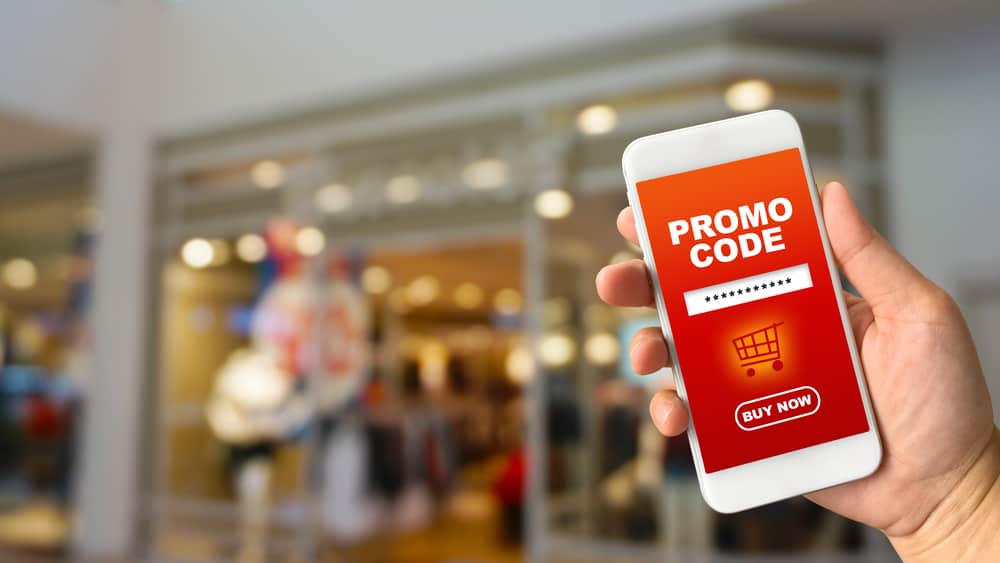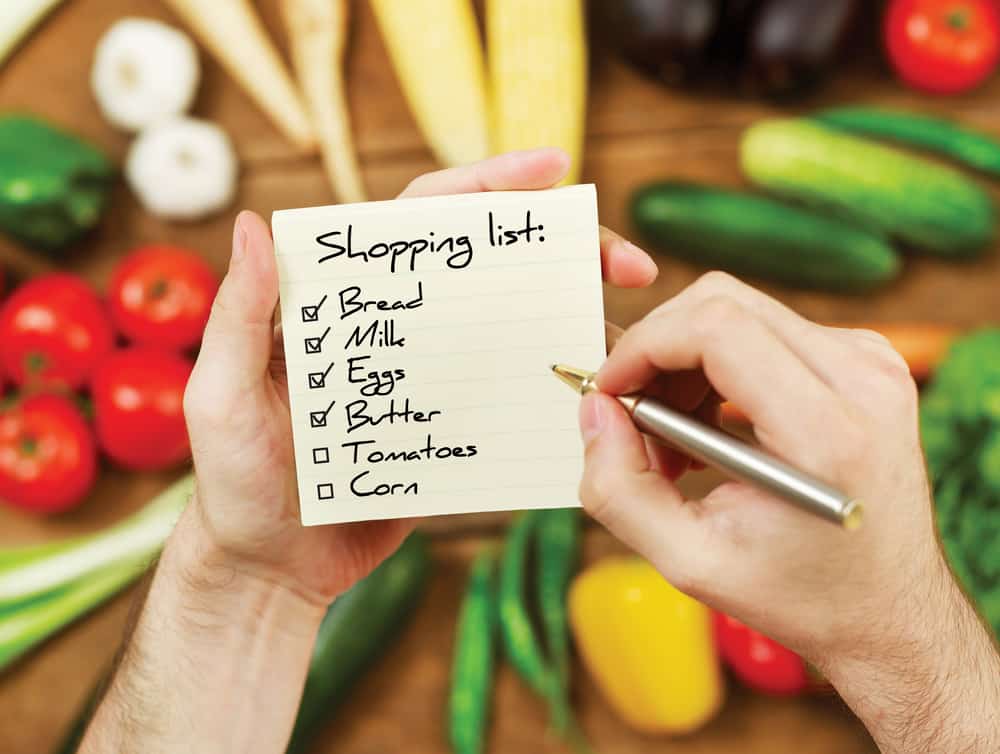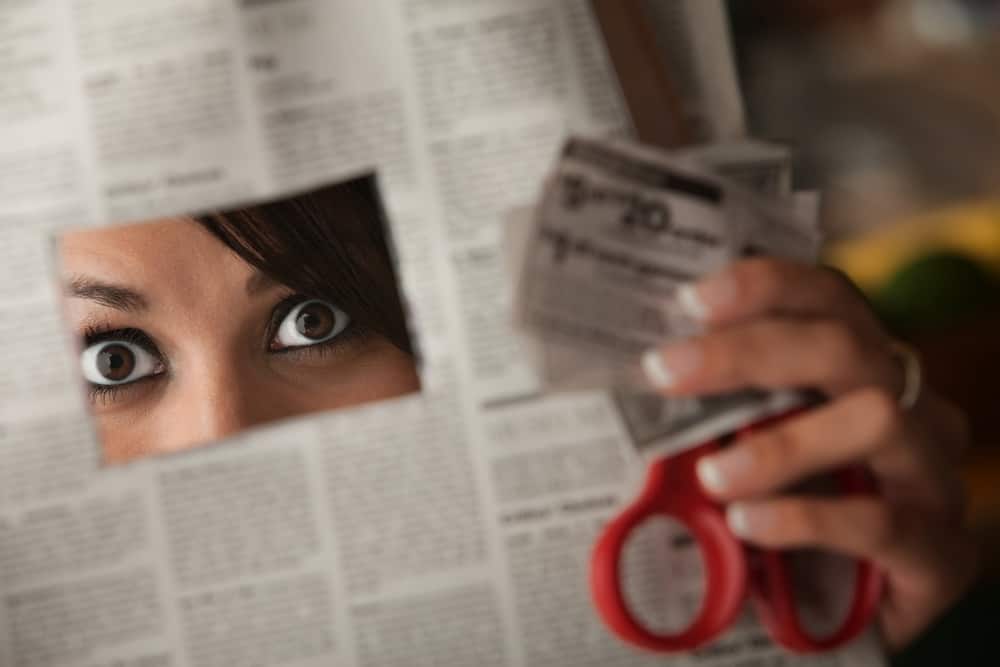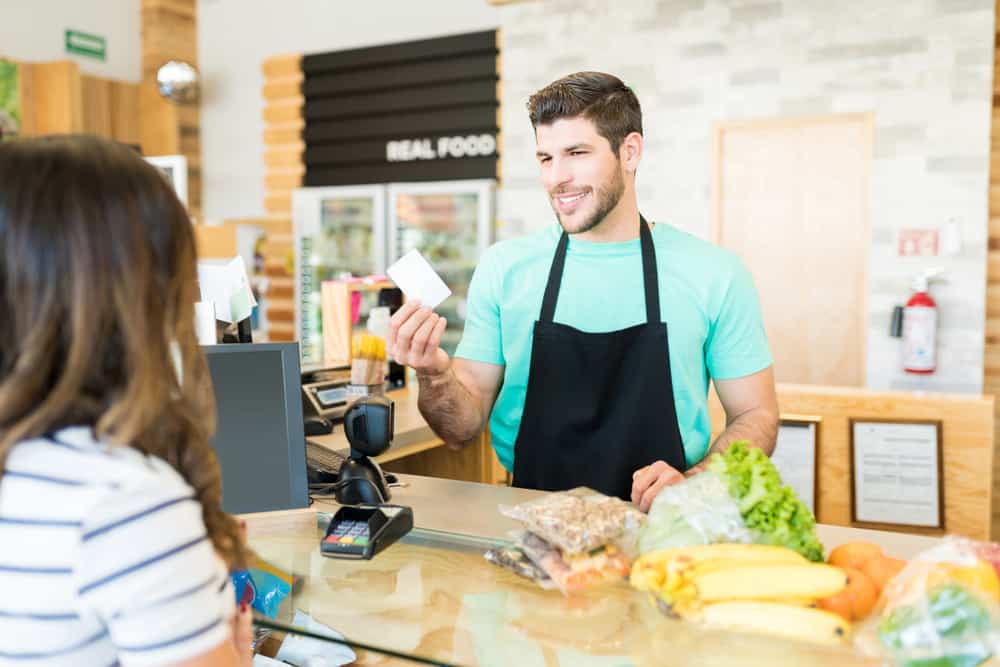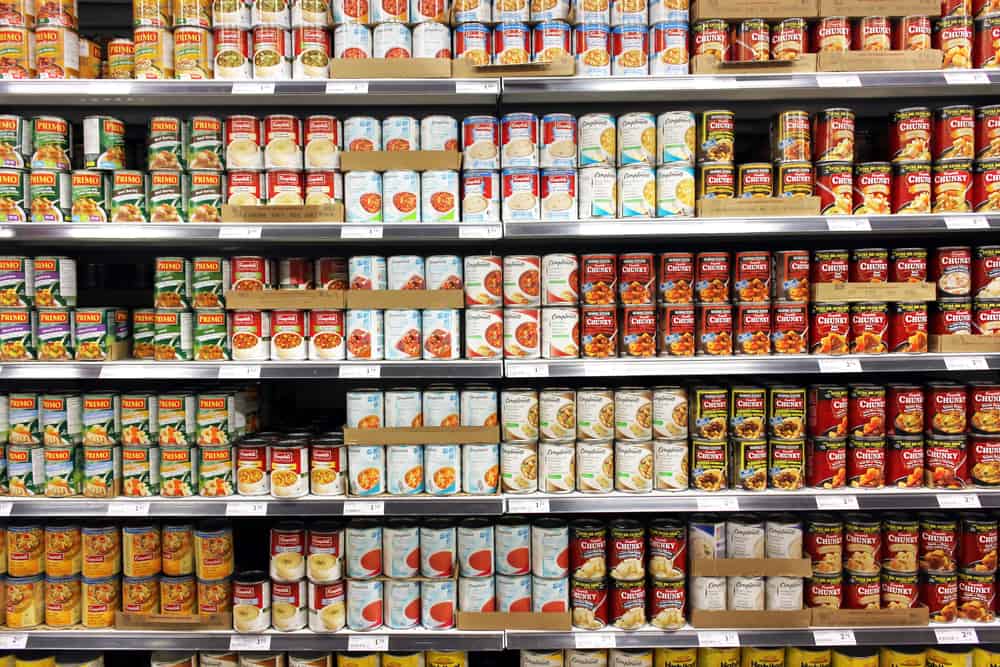If you haven’t seen extreme couponing shows, you are probably at least familiar with them. The idea of reducing your grocery bill to almost nothing – and sometimes even getting paid for the privilege of taking carts full of items home – does sound appealing, right? However, how much do couponers really save, and is it worth it in terms of the time it takes to clip, find, and organize everything? Let’s look more closely at how to do it if you’re interested in joining the coupon club. Also, keep reading for some pros and cons of this crazy couponing lifestyle. You can learn about the history of couponing in general, and the truth about the extreme couponing show.

25. So, You Want to Become an Extreme Couponer?
So many manufacturers offer discounts to incentivize you to purchase their products. Studies show that coupons sometimes lead to spending more money in the store, but you will be careful and learn all the ropes first. These coupons present an easy way to cut back on coupon expenses without having to sacrifice the quality of living or drastically changing your lifestyle. This extra wiggle room in the budget can free up space for other costs or even fun experiences!
If you are interested in couponing, the first and possibly most important thing you should know is all the different types of coupons you can find. Sunday paper inserts are likely the most common coupons, but many online printable coupons, e-coupons, register coupons (even on the back of your receipt), or cash-back websites and apps. Throughout the article, we’ll go over where to get your hands on these coupons, how to spend your time most effectively, what sales cycles are and how to utilize them to your advantage, food planning, stockpiling blueprints, and how to get the best deals. We’ll also go over the benefits and disadvantages of couponing. Perhaps there are points you haven’t considered!




